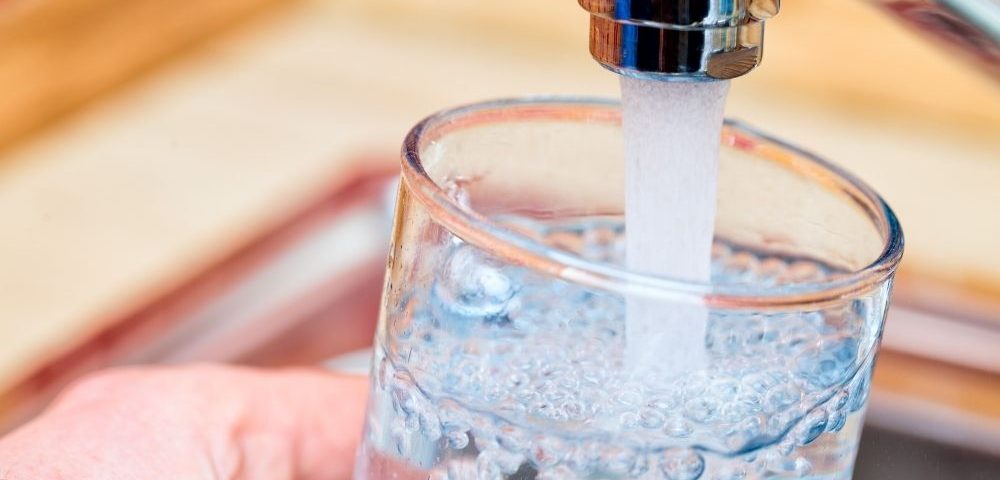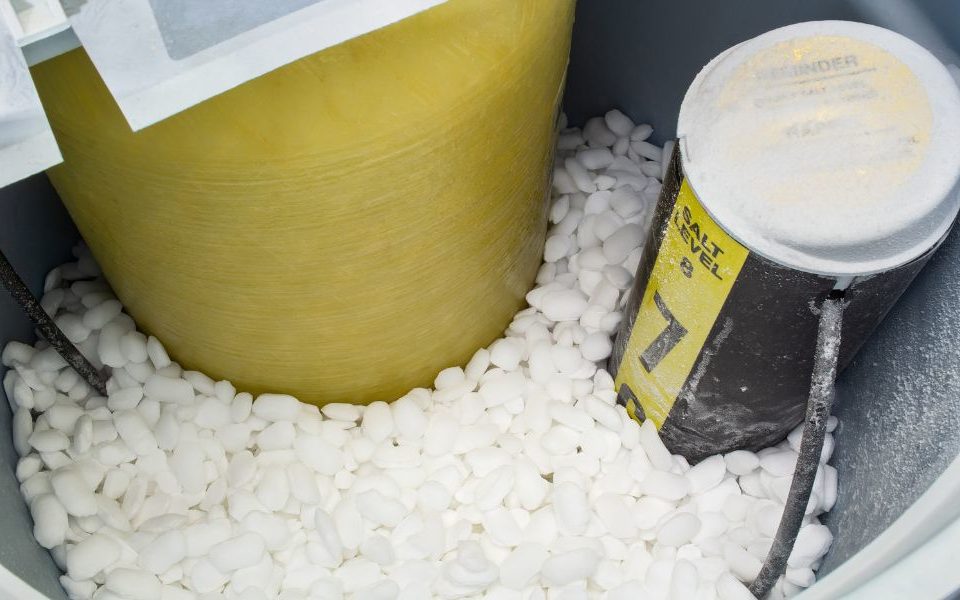
Where Should You Install Your Water Softener?
November 3, 2021
Do Water Softeners Affect Septic Systems?
January 12, 2022You may have heard that tap water is “hard water,” which means that it contains dissolved minerals. Many people enjoy the taste and health benefits that softened water brings, but there’s an alternative to water softeners: water conditioners. We’ll explain what they are and help you understand the different types of water conditioners.
What Is a Water Conditioner?
Many people think that water conditioners are nothing more than a variation on water softeners, but these treatments produce different results. Water conditioning is a treatment that removes contaminants from tap water, like volatile organic compounds (VOCs), chlorine, and chloramines.
Different water conditioners use varying processes to achieve these results, but they are all a physical water treatment. That means that there’s limited maintenance, a limited amount of wastewater discharge, and a lack of chemical additives to your water supply.
Carbon Filtration
Carbon filtration systems use granular activated carbon (GAC) to attract certain chemicals into the filter and out of your water. Organic chemicals, hydrogen sulfide, and chlorine are attracted to carbon, so they enter the filtration system and leave your water free of unpleasant odors and tastes.
Magnetic Conditioners
Magnetic conditioners make your water pass through a magnetic field which helps reduce water scaling. Scale develops when magnesium and calcium compounds combine, which can cause serious problems within your pipes. While magnetic conditioners don’t change your water’s chemical makeup, they help increase the life span of your appliances and pipes.
TAC Filters
When you hear the words “template-assisted crystallization,” your eyes may start to glaze over. But bear with us; we promise it isn’t as complicated as it sounds. TAC filters result in the same reduced scaling as magnetic conditioners, but TAC filters use a different process.
TAC filters have a tank with a specially treated resin bed that catches calcium and magnesium minerals. The TAC unit converts these minerals to a crystallized form, making it impossible for the minerals to stick to surfaces and form scale. If you’re looking for water conditioners for your well water to increase the longevity of your pipes and appliances, we can help!
Now that you understand the different types of water conditioners, do what you can to ensure your water is as healthy as possible.




